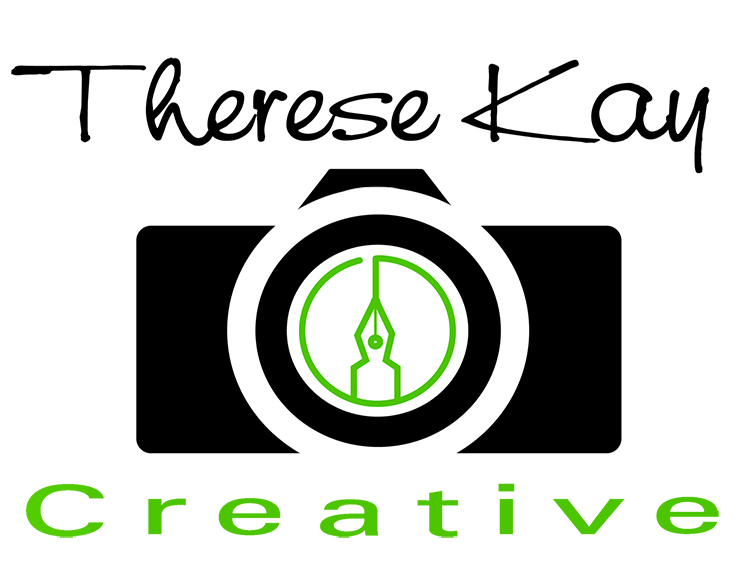Photo Friday: Communicating with Your Muse
You may think you have to go somewhere to be inspired and meet your muse. For a while I thought my muse was in the Grand Canyon. Indeed she was!
She was also in Zion National Park.
She was at Great Meadows in Concord, MA.
And, one time when I took a walk around the house looking at my windows in the winter, my muse was there too.
So, where is your muse? How do you find her? And, once you find her, what do you do?
What or Who Is a Muse?
According to Merriam-Webster.com a Muse (capitalized) is any of the nine sister goddesses in Greek mythology presiding over song and poetry and the arts and sciences. The word also has the following definitions:
-
a source of inspiration (noun)
-
a poet (noun)
-
a state of deep thought or dreamy abstraction (noun)
-
become absorbed in thought; especially : to turn something over in the mind meditatively and often inconclusively (verb)
-
think or say reflectively (verb)
So, my muse is the personified version of a source of inspiration based on any one of the nine sister goddesses of Greek mythology. (My cat would undoubtedly make a comment here equating the nine sisters to her nine lives and insist that it was she herself that was both a goddess and my muse.)
Since I’ve found my muse in so many places, including my own kitchen, I think she isn’t found in a specific place. Instead, I think she lives inside me as a constant companion. So, if she’s always with me, then I don’t need to find her. Right? But then what? Why don’t I feel like she’s always there? It comes down to communication. I just need to learn how to communicate with her.
Communicating with Your Muse
Learn her language. Does she like the language of music, poetry, nature, art, dance? Speak to her in those languages. Listen to music. Read poetry. Go walk in nature. Check out a museum. Dance or watch others dance. What language does she like best?
Learn her communication style. Does she prefer to communicate by text, email, phone, smoke signal? OK, being a little silly here, but you need to know her voice when you hear it. Does she send you hidden messages while you are reading? Does she whisper in your ear while you are taking a shower or drifting off to sleep? If you learn her style of communicating with you, you’re less likely to miss her messages.
Communication Tools
Sometimes we need aids to communicate. Maybe you need hearing aids to hear better, or even sign language. Maybe you need a better vocabulary or a different language. Maybe you need to communicate with a keyboard, or pictures, or an electrolarynx. Whatever you need, you use it to keep the communication going.
-
Be near things that inspire you.
-
Be near the unconventional or different
-
Talk to others who are also trying to communicate and find out what they do
-
Relax!
-
Take a walk or exercise
-
Meditate
-
Follow a routines or change a routine
-
People watch and people listen
-
Be present. Observe and absorb the world around you – wherever you are. Don’t automatically plug in or tune out.
-
Anticipate the unexpected, new, or unusual. You often find what you are expecting.
-
Play 20 questions – this is especially good for solving a creative problem. Here are a few questions to get you started:
-
Is this the only way to do this?
-
What have other people done?
-
What if I try it this way or using that?
-
Enhancing Communication
Ever try to talk to someone who wasn’t listening? Eventually you give up, right? Do you want your muse to give up on you? NO!! So, when your muse speaks, listen! Write down what she says! Follow her instructions!
Find ways to capture her ideas. Write it down, doodle it, take a picture of it, record it. Find a way to trigger your memory later when you are ready for your creative session.
Remember, though, communication is a two way street. Sure your muse talks to you, but do you talk to her? Here are some topics you can talk to her about:
-
What do you hold most dear?
-
What are your core values?
-
What is precious to you?
-
Where do you find rest and peace?
-
What gives you joy?
-
What excites you?
-
What makes you feel alive?
As you answer these questions for your muse, you will find that she will meet with and talk to you more often. She’s your friend! Treat her as such! Friends talk and listen and enjoy each other’s company, especially when communication is honest, open, and genuine.
What If She’s Silent?
Sometimes you just need to show up and start. Invite her to come along and join the process. Invite her to speak. Be sure you keep your eyes and ears open.
My muse loves ventriloquism. She’ll talk to me through my cat, the vase of flowers on my table, a child’s laugh, a beam of sun through the kitchen window, the turn of phrase in a piece of poetry.
One summer she spoke to me almost exclusively through Queen Anne’s Lace and not always at the most convenient of times. She often demanded that I pull over to the side of the road. Even if I didn’t have my camera with me, she was pretty insistent. That’s when I would (ideally) note the time and the location and make plans to come back later. (Why note the time? Light is essential to photography and can change in minutes. Come at a different time and what you’ll see will also be different.)
Start your work and anticipate her arrival. Set the expectation that she’ll show up, and eventually she will. Unless she has the flu. Then you need to find her and give her some chicken soup.Your muse may not show up and communicate when and where you expect her to. She may be in disguise, or late, or early. She may want you to refer to her other communications. (You know, the whisper in the ear at 3 am. You took notes, right?)
Want to know where your muse isn’t? It’s as important to know where your muse will be silent as it is to know when, where, and how she can be heard.
What about you? How do you communicate with your muse? Do you talk to her? Do you listen when she speaks? Have you made her your friend?






